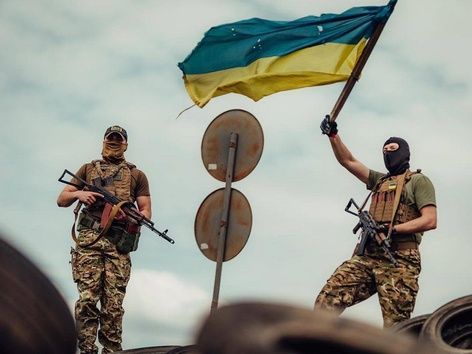Lawyer
Restrictions on freedom of speech and information during martial law
Martial law is a special legal regime implemented in emergency situations, such as armed conflicts, to ensure national security and order. Certain restrictions may be imposed during martial law, including restrictions on freedom of speech and information. This article examines the legal aspects of such restrictions, focusing on legal advice, document analysis, legal opinion, and legal opinion of counsel.
Consultation of a lawyer
Legal advice is an important element of ensuring the legality of restrictions on freedom of speech and information during martial law. Lawyers provide clarifications on legislative norms and rules that regulate restrictions on information rights, and also help citizens and organizations to understand their rights and obligations. The main questions that can be addressed to lawyers include:
- Legal grounds for restricting freedom of speech and information.
- Procedures and rules for implementing censorship.
- Rights of journalists and media under martial law.
- Appealing decisions on the restriction of information rights.
Consulting a lawyer helps to avoid violations of citizens' rights and ensures compliance with the law during the implementation of restrictions.
Analysis of documents
Document analysis is key to determining the legality and justification of restrictions on freedom of speech and information. Lawyers check legislative acts, government decrees and other regulatory documents for compliance with the Constitution and international human rights standards. This includes:
- Review of decrees and orders implementing restrictions.
- Analysis of regulations governing media activities during martial law.
- Evaluation of decisions on closing or limiting the activity of information resources.
- Verification of documents related to the rights of journalists and media organizations.
Competent analysis of documents ensures compliance with legislation and human rights during the implementation of restrictions.
Legal opinion
A legal opinion is an important tool for assessing the legality of actions of state bodies regarding the restriction of freedom of speech and information. This is a detailed analysis of a specific legal situation from the point of view of legislation, which helps determine the legality of actions and provides recommendations for further steps. The legal opinion includes:
- Description of the actual circumstances of the case.
- Analysis of relevant legal norms, including national and international law.
- Conclusions regarding the legality of restrictions.
- Recommendations for further action, including the possibility of an appeal.
A legal opinion helps protect the rights of citizens and organizations in national and international courts, as well as before other competent authorities.
Legal opinion of the lawyer
A lawyer's legal opinion is important for protecting the rights of citizens and the media in the conditions of restrictions on freedom of speech and information. Lawyers provide independent legal assessments, help avoid legal conflicts and ensure respect for human rights. The lawyer's legal opinion includes:
- Analysis of the legal situation taking into account the specifics of the state of war.
- Assessment of risks and possible consequences of restrictions.
- Conclusions regarding the legality and reasonableness of certain actions or decisions.
- Recommendations on legal measures to protect rights and interests.
Lawyers can also represent the interests of citizens and the media in court proceedings, which is important to ensure justice and compliance with international human rights standards.
Conclusion
Restrictions on freedom of speech and information during martial law must be carried out in accordance with legislation and international human rights standards. Legal advice, document analysis, legal opinions and legal opinions of an attorney are key elements in ensuring the validity of such restrictions. These mechanisms help to protect the rights of citizens and the media, ensure the legality of the actions of state bodies, and contribute to the preservation of basic freedoms even in the most difficult conditions.

































